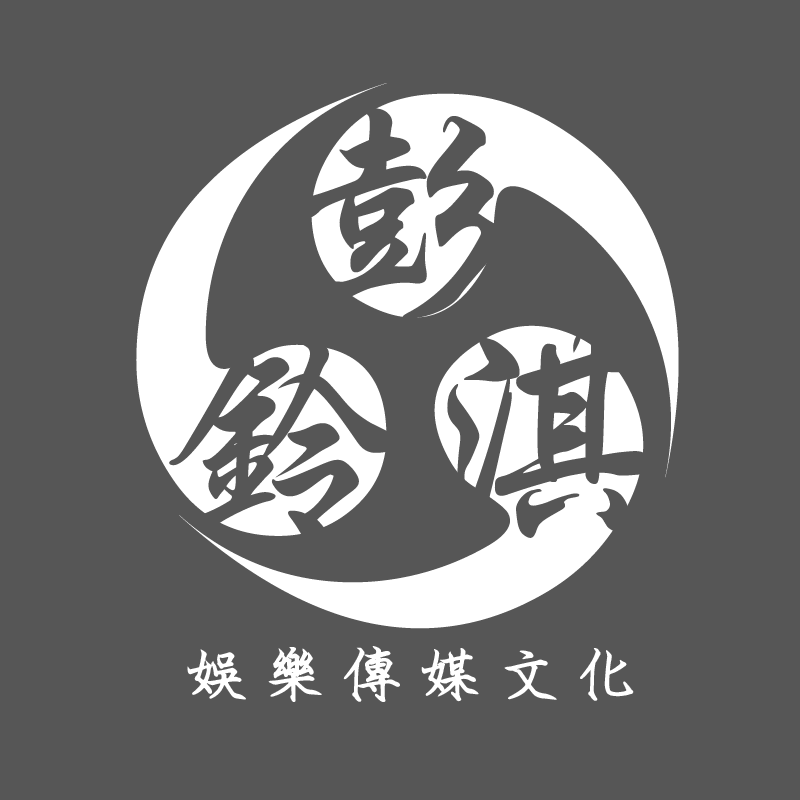ABOUT US
Pang Ling Kei a company located in Hong Kong that provides Feng Shui fortune telling to the public. Our company's Feng Shui expert team specializes in providing various Feng Shui fortune telling services, including geographical Feng Shui, personal horoscope fortune telling, name and phone number changes, etc.
What is Feng Shui?
Feng shui is an ancient Chinese traditional custom and technique. The purpose of Feng Shui is to change the luck of individuals and families based on the location and sitting direction of cemeteries and houses, as well as the relationship with the surrounding mountains and water conditions, and to provide better conditions for the house and the family. The store brings good luck.
Historically, Feng Shui was widely used to determine the location and orientation of cemeteries, residences, and other important buildings such as palaces, temples, academies, restaurants, inns, and shops. Feng Shui masters use the Feng Shui school to refer to local features, such as mountains and water bodies, and determine the auspicious location through the stars and pointers on the compass, and then choose an auspicious day for burial, construction, or relocation.
History of Feng Shui
The legendary origin of the word "Feng Shui" comes from the "Burial Book (《葬書》)" written by Guo Pu of the Jin Dynasty:
「氣乘風則散,界水則止。古人聚之使不散,行之使有止,故營之風水。」
(When Qi rides on the wind, it will disperse, and when it is bounded by water, it will stop. The ancients gathered it so that it does not disperse, and when it moves, it will stop. This is the Feng Shui of the camp.)
Feng Shui is a technique of gathering energy by selecting terrain and orientation to hide wind and water. In modern times, Feng Shui is also known as Kanyu, Qingwu, Qingnang, Xiangdi, geography, etc.
Although the word Kanyu existed in the Han Dynasty, at that time Kanyu did not refer to Feng Shui, but a day-selection technique based on the eight associations of moon wear, star value and yin and yang. Kan is the way of heaven (meaning that the Beidou male god "builds" and walks to the left in the "sky"), and Yu is the way of the earth (meaning that the female goddess of the Big Dipper "is disgusted" and walks to the right in the "earth"), by simulating the operation of the way of heaven and earth, we can predict the choice. Day is one of the ancient schools of day selection. After the Ming Dynasty, Kanyu often refers to Feng Shui. According to Hong Zan's "Brahma Net Sutra and the Bodhisattva (《梵網經菩薩戒略疏》)'s Precepts":
「謂地能載萬物如輿,故稱擇地人為堪輿也」。
(It is said that the earth can carry all things like a cloud, so it is said that the people who choose the land can carry it like a cloud.)
Qingwu refers to Qingwuzi, the legendary Feng Shui master; Qingnang is the bag used by ancient Feng Shui masters and mathematicians to store their equipment, which is later referred to as medical skills and Feng Shui; Xiang Di is named after the object that Feng Shui uses, that is, Xiang Di. Geography refers to tombs and houses; geography originally refers to the environmental situation of mountains and rivers. After Feng Shui became popular, it became one of the synonyms of Feng Shui.
Related to Feng Shui are the words "yin and yang" and "form". The former comes from "Poem·Gong Liu(《詩·公劉》)":「相其陰陽,觀其流泉 (Look at the yin and yang, observe the flowing spring.)」(Investigating its bright and dark places, and exploring its water sources), later generations regarded Gong Liu as one of the origins of Feng Shui, and also used Yin and Yang to refer to Feng Shui. However, the term yin and yang refers to a wide range of things, so it is highly dependent on the context. For example, Chen's "Jian Shan Shuo(〈見山說〉)":「世業陰陽地理 (Yin Yang Geography of the World)」, here Yin and Yang refers to Feng Shui, "Tang Liu Dian (《唐六典》)":「凡陰陽雜占、吉凶悔吝,其類有九 (There are nine categories of mixed yin and yang, good and bad luck, and stinginess.)」, here yin and yang refers to the various magic numbers of yin and yang and the five elements. The latter comes from the classification of "Hanshu·Yiwenzhi (《漢書·藝文志》)" and is called「形法者,大舉九州之勢,以立城郭室舍;形人及六畜骨法之度數、器物之形容,以求其聲氣、貴賤、吉凶 (Those who shape the method use the power of nine states to build cities and houses; shape the dimensions of human beings and the bones of six animals, and describe the objects, so as to obtain their voices, nobility, good and bad luck.)」, this classification refers to both people and things, rather than the proper names of houses and places.
